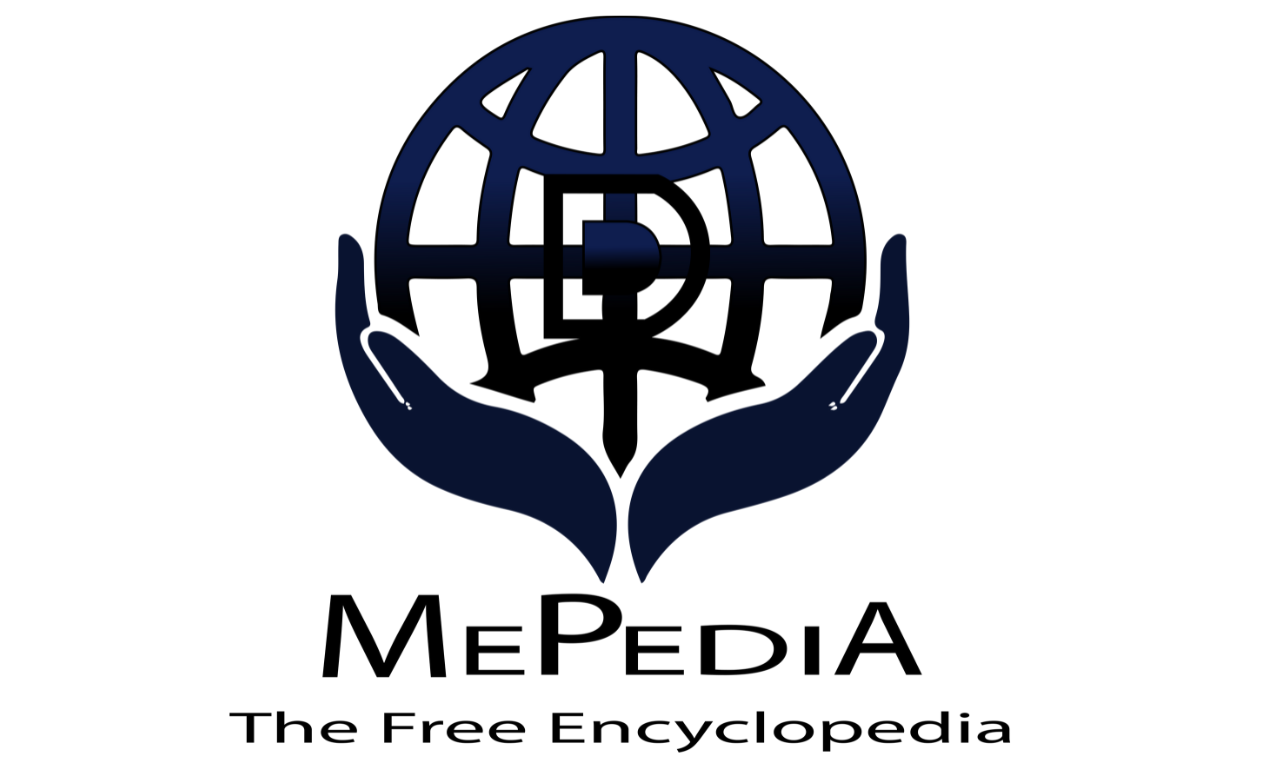Is There an Alternative to Wikipedia? Exploring Mepedia
In the vast realm of online information, Wikipedia has stood as a go-to resource for a wide array of knowledge for nearly two decades. However, have you ever wondered if there’s an alternative to this internet giant? Well, the answer is yes! Enter Mepedia, a free open encyclopedia that offers a fresh perspective and a community-driven approach to knowledge sharing.
What is Mepedia?
Mepedia is a free open encyclopedia that was created, written, edited, and is continuously maintained by a global community of editors known as Mepedians. It serves as an exciting alternative to Wikipedia, presenting a collaborative platform where individuals come together to curate and disseminate information across a wide range of topics.
The Mepedia Philosophy
While Mepedia shares some similarities with Wikipedia, it also has its own unique philosophy that sets it apart. Mepedia is committed to providing reliable, accurate, and neutral information, much like its predecessor. However, it also places a strong emphasis on inclusivity, aiming to welcome contributors from diverse backgrounds and perspectives to create a well-rounded knowledge base.
User-Friendly Interface
Mepedia offers a user-friendly interface that’s easy to navigate. The website is designed to ensure that users can quickly find the information they seek. The familiar format of articles and a search bar at the top of the page make it effortless for users to explore various topics.
Global Community of Mepedians
One of the standout features of Mepedia is its dedicated community of Mepedians. These editors come from all corners of the globe and work together to build, expand, and improve the content on the platform. This diverse range of perspectives ensures that Mepedia’s articles offer a broader and more comprehensive view of various subjects.
The Freedom to Contribute
Much like Wikipedia, Mepedia encourages users to contribute their knowledge and expertise. Anyone with an internet connection can become a Mepedian and add their insights to existing articles or create entirely new ones. This democratic approach to knowledge sharing is at the core of Mepedia’s mission.
Quality Control
To maintain the reliability and accuracy of the information on the platform, Mepedia employs a system of checks and balances. Mepedians collaborate to review and edit articles, ensuring that the content is up to date and factually accurate. This rigorous quality control process is what makes Mepedia a trustworthy source of information.
A Growing Repository of Knowledge
Mepedia is still a relatively young project compared to Wikipedia, but it’s steadily growing. As more individuals discover and contribute to this open encyclopedia, the breadth and depth of information available will continue to expand. Mepedia’s library of articles covers a wide array of subjects, and with time, it aims to encompass even more.
Mepedia vs. Wikipedia
While Mepedia is a worthy alternative to Wikipedia, it’s essential to acknowledge that both platforms have their own unique strengths and weaknesses. Wikipedia is more extensive and well-established, with a massive user base and a vast repository of articles. In contrast, Mepedia is a smaller but growing community that fosters inclusivity and fresh perspectives.
Conclusion
In a world where information is at our fingertips, it’s crucial to have alternatives to established platforms like Wikipedia. Mepedia, with its dedication to inclusivity, user-friendliness, and a growing global community, offers a compelling option for those seeking a fresh take on knowledge sharing. If you’re looking for a free and open encyclopedia that encourages a diverse range of voices, Mepedia is certainly worth exploring.
So, the next time you embark on a quest for knowledge, remember that Mepedia is there as a dynamic and collaborative resource, offering a different flavor of information in the vast landscape of online encyclopedias.
To explore Mepedia further, visit their website here.
